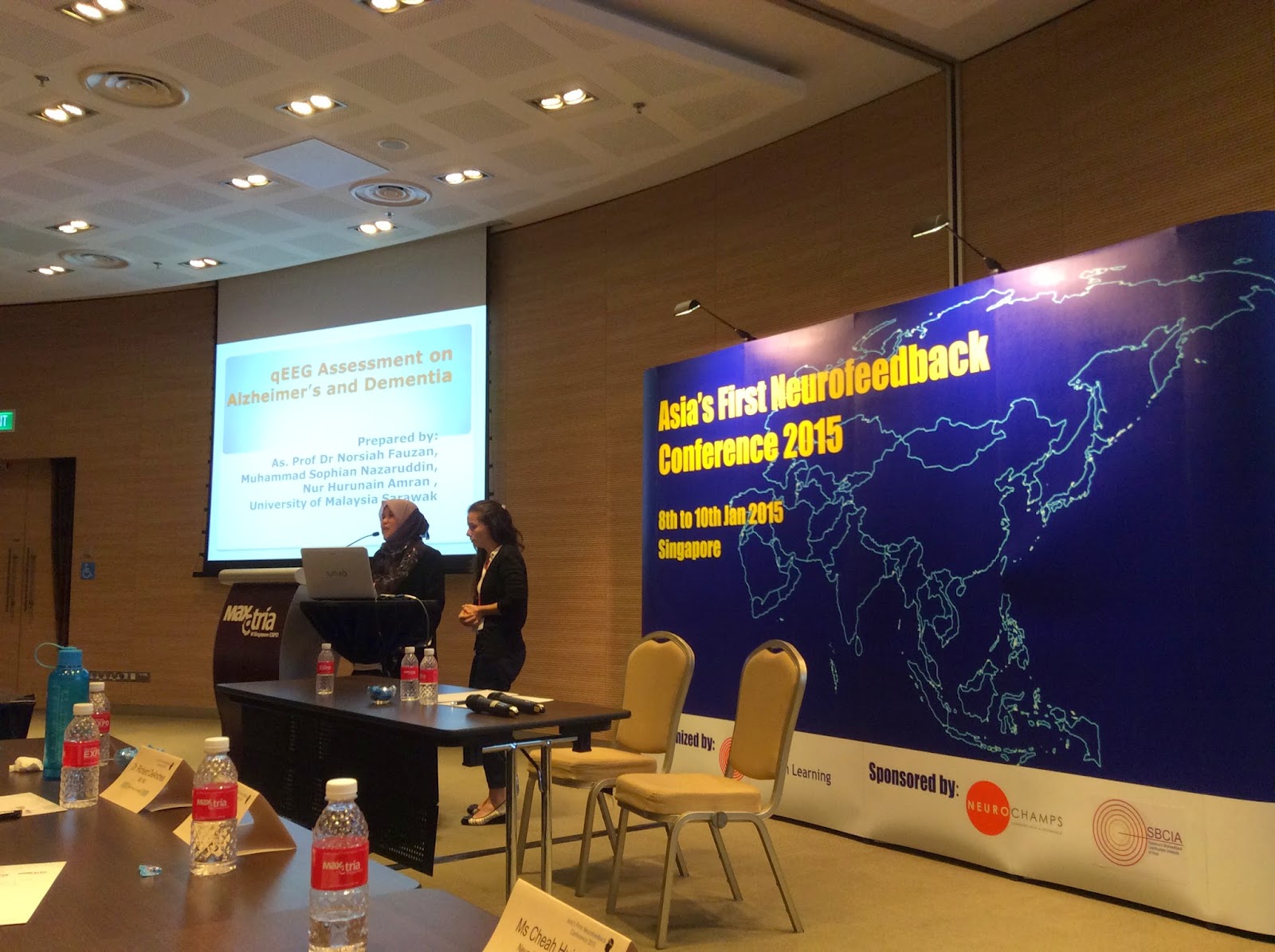In the US, over a quarter of the population report not getting enough sleep, and almost 10% endure chronic insomnia. But new research from two universities in Switzerland suggests hypnosis has a surprising positive impact on quality of sleep.
The researchers, led by biopsychologist Björn Rasch from the Psychological Institute of the University of Zurich, say their findings "open up new, promising opportunities for improving the quality of sleep without drugs."
They publish their research in the journal Sleep.
The Centers for Disease Control and Prevention (CDC) note that although sleep is often considered a "passive" activity, ample sleep is an essential part of staying healthy and preventing disease.
Insufficient sleep is linked with several chronic diseases, such as diabetes, cardiovascular disease, obesity and depression.
Additionally, the researchers of this latest study say that slow-wave sleep (SWS) has a positive impact on memory and immune system function, and during this period of sleep, the body secretes growth hormones, promotes cell repair and improves brain plasticity. However, the team also notes that SWS declines significantly across a person's lifespan.
Hypnosis is a technique that can impact processes that are difficult to voluntarily control - for example, when you are exhausted and want to sleep but are unable to do so.
Although patients with sleep conditions have been successfully treated with hypnotherapy in the past, the researchers say that until now, objectively measurable changes in sleep have not been proven.
In order to further investigate, the team conducted a study with 70 healthy young women who came to the sleep laboratory for a 90-minute nap during midday.
During their nap, the researchers objectively measured their sleep by recording electrical brain activity with an electroencephalogram (EEG). The team says slow-wave sleep is characterized by an even and slow oscillation in electrical activity in the brain.
Results showed that the women in the highly suggestible group experienced over 80% more SWS after hypnosis session, and their time spent awake was reduced by one third, compared with highly suggestible women who listened to the neutral text.
After they conducted additional control experiments, the researchers concluded that the beneficial effects of hypnosis on SWS were attributed to the hypnotic suggestion to "sleep deeper," stating that these effects were not simply expectancy effects.
'Unlike drugs, hypnosis has no side effects'
The research was only conducted in women, and the investigators note that females tend to have higher values for hypnotic susceptibility, compared with males. However, the team believes they would encounter similar positive effects of hypnosis on sleep for men who are highly suggestible.
Maren Cordi, a psychologist involved with the study, says "the results may be of major importance for patients with sleep problems and for older adults. In contrast to many sleep-inducing drugs, hypnosis has no adverse side effects."
The researchers conclude their study by noting that essentially everyone who responds to hypnosis could achieve better sleep with hypnosis.
Source: http://www.medicalnewstoday.com/articles/277731.php














